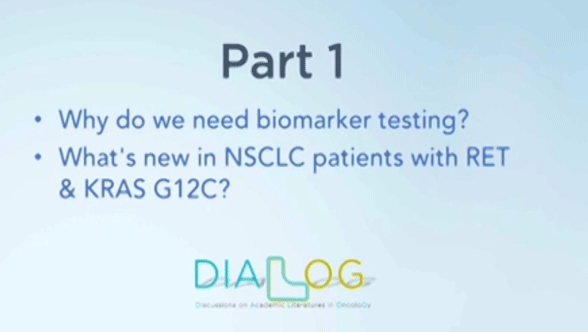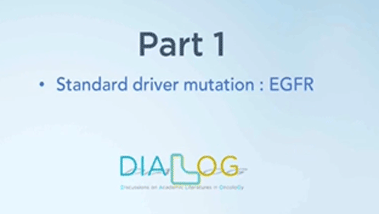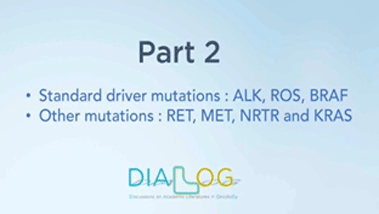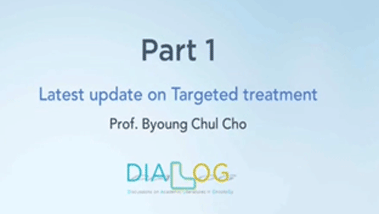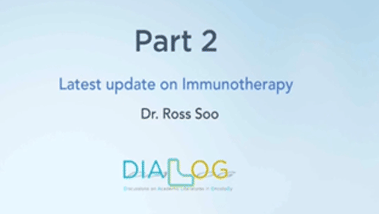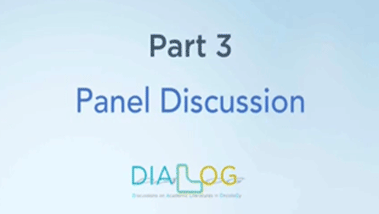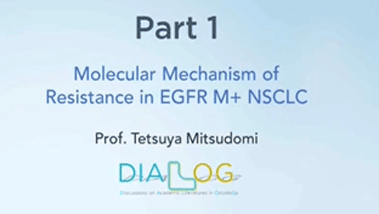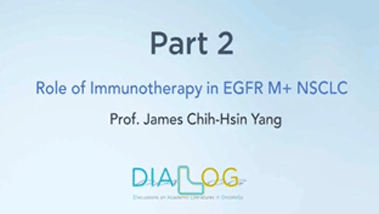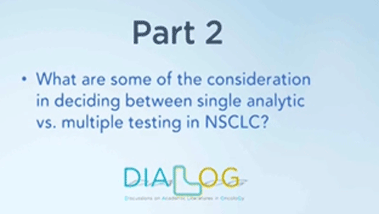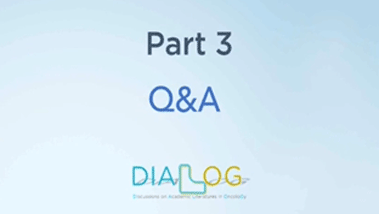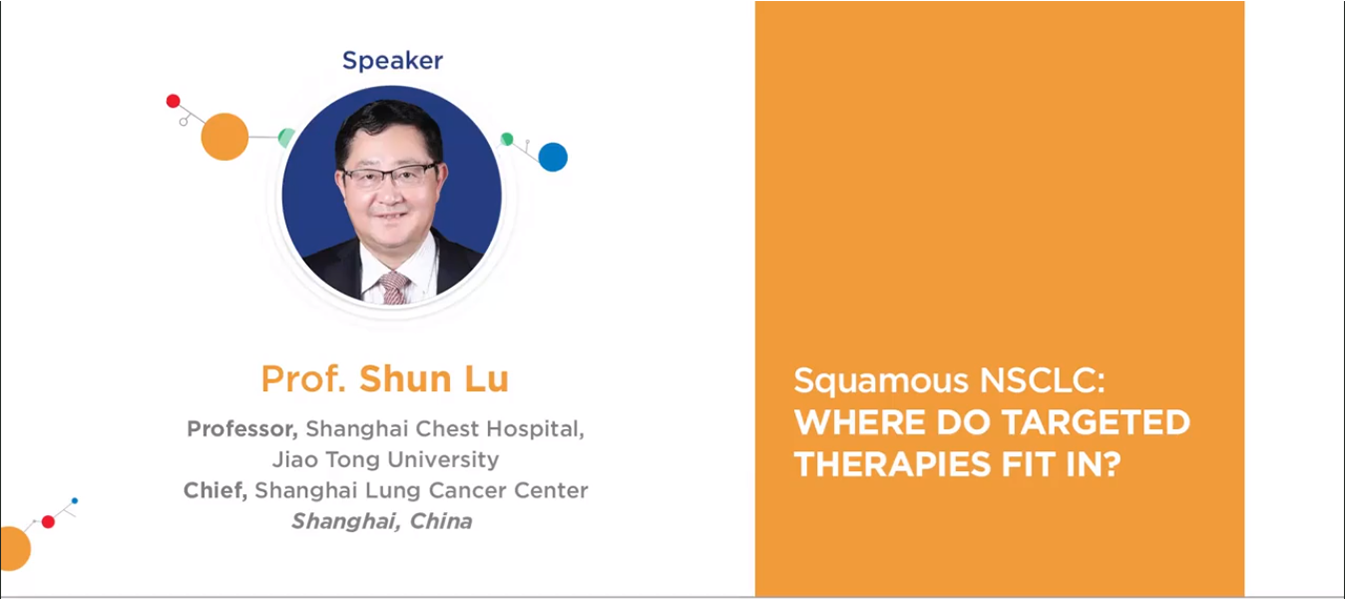Latest advancement in Lung Cancer Clinical Research Part 3
Speakers: Prof. Byoung Chul Cho & Dr. Ross Soo
Resistance Mechanisms & Immunotherapy's Role in EGFR M+ NSLC Part 1
Speaker: Prof. Tetsuya Mitsudomi
Resistance Mechanisms & Immunotherapy's Role in EGFR M+ NSLC Part 2
Speaker: Prof. James Chih-Hsin Yang
Resistance Mechanisms & Immunotherapy's Role in EGFR M+ NSLC Part 3
Speakers: Prof. Tetsuya Mitsudomi & Prof. James Chih-Hsin Yang
Biomarker Detection in Lung Cancer : The Pros and Cons of Multiplex Testing Part 2
Speaker: Herbert Ho-Fung LOONG
Biomarker Detection in Lung Cancer : The Pros and Cons of Multiplex Testing Part 3
Speaker: Herbert Ho-Fung LOONG
After the EGFR TKIs: Management of Advanced NSCLC Following Progression on EGFR TKIs
Speaker: Professor Tony Mok
Therapeutic Advances in Other Targetable Oncogenic Driver Mutations in NSCLC
Speaker: Professor Jin-Hyoung Kang
First Line Treatment Strategies in EGFRm NSCLC: EGFR TKIs-based Combination Treatment
Speaker: Dr Nguyen Tuan Khoi
The Year in Review : Therapeutic Advances in the Treatment of of Advanced NSCLC
Speaker: Professor Keunchil Park
First Line Treatment Strategies in EGFRm NSCLC: Osimertinib in the Upfront Approach
Speaker: Associate Professor Virute Sriuranpong
What is Afatinib (Giotrif®)?
*Afatinib is approved in more than 70 countries including the EU, Japan, Taiwan, and Canada under the brand name Giotrif®, in the US under the brand name Gilotrif® and in India under the brand name Xovoltib®
IMPORTANT SAFETY INFORMATION
The side effects of Afatinib are predictable, generally manageable and reversible. In studies to date, drug-related adverse events (AEs) were largely related to the gastrointestinal tract (diarrhoea) and skin disorders (rash), which is in line with EGFR tyrosine kinase inhibition.[1-4] For further details, please refer to the Local Prescribing Information.
References:
[1] GIOTRIF® Summary of Product Characteristics 2018
[2] Sequist L et al. J Clin Oncol 2013;31(27)3327–34.
[3] Wu YL et al. Lancet Oncol 2014;15(2):213–22.
[4] Park K et al. Lancet Oncol 2016;17(5):577–89.




